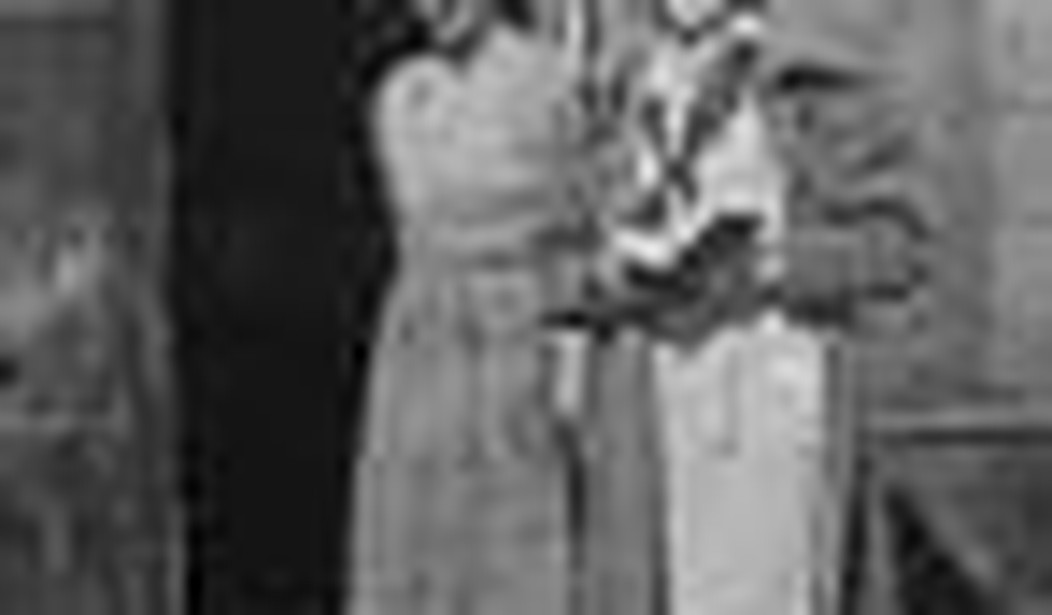If Herbert Hoover deserved to have the shantytowns of the ‘30s named after him, does Barack Obama deserve the same with the “occupy” encampments now? The parallels are striking, although in both cases many factors combined to produce the misery that tears people from their homes.
Overall trends, the actions of predecessors, Congress, the Federal Reserve, state governments, and the collective decisions of millions of individuals all play a role in creating the economic stew. But fairly or not, presidents tend to get the blame for conditions on their “watch.” And it would be hard to argue that Hoover’s policies after the beginning of the Great Depression in 1929 were effective. But what of Obama, who enjoyed the enthusiastic support of so many of the young people now living in Zuccotti Park and so many other ‘villes?
The people camping out around the country have issued sundry demands and generally are having an enjoyable time acting out. With the pure indignation unsullied by experience that is the hallmark of youth, they’ve indicted society, cited grievous oppression, and proclaimed that they’re not going to take it anymore.
Many commentators have pointed out that the occupy “movement,” if that’s what it is, is to incoherence what Everest is to mountains. Do they want a new socialism? A benign anarchy in which a kind of transcendent reasonableness leads to a level of cooperation hitherto unknown? The old style of coercive socialism with the iron fist just under the red glove, and re-education camps and bullets for those who don’t “get it”? Or what? Per John Lennon in “Workingclass Hero,” they seem to think they’re so “classless and free.”
Are the protests fundamentally a social or economic phenomenon? Some of the campers seem to want the heads of Wall Street types — presumably those who received big bonuses after steering their companies into a ditch — on pikes. If so, that would indicate a desire for justice or revenge. Were the Hooverville-ians looking for revenge? Maybe, but that’s generally not the story that has trickled down to us over the last 80 years.
Research the term “Hooverville” and you’ll find a lot of material on genuine hardship — the builders of these shantytowns tended to be men, sometimes with families, who’d lost their homes because they could no longer afford them — and the desperate search for work. Did they rail about punishing the “fat cats”? Some surely did, but that doesn’t seem to have been the primary point. Given how widespread stock and other speculation was in the 1920s, it’s quite possible that many of the dispossessed realized that greed is hardly limited to plutocrats.
No doubt some of their modern counterparts (assuming they are in fact counterparts) are genuinely hurting as well. But how many of the occupiers are truly destitute?
It would seem that many, if not most of them, could go back to warm beds at Mom and Dad’s or “couch surf” with friends if they chose. It’s one thing to realize that you’re going to be working a long, long time to pay off a student loan, and another to be unable to feed and clothe a family.
It’s probably fair to surmise that if more of these occupiers had jobs, there would be fewer of them drumming up a storm on the new campuses of protest. Some might still be marching for socialism or anarchism and joining activist groups, but probably on a part-time basis. People with jobs cannot spend days, weeks percussing and shouting slogans.
Assuming that most of the occupiers would choose to be gainfully employed rather than rant against a society that for its faults is still the richest both in material and human terms that the Earth has ever produced, we would have to conclude that the occupation sites should, indeed, be called Obamavilles.
We can take some solace in this: Hoover’s presidency only lasted one term. Of course, his successor’s policies were more problematic: unemployment is estimated to have been north of 20% (and as high as 25%) in 1933, when FDR took over from Hoover, and was measured at 19.1% for the full year of 1938, five years later.
Still, the brief yet miserable tenure of yet another president, Jimmy Carter, shows that sometimes prosperity really can be just around the corner.
More: Also read Judge Rules Against Zuccotti Occupiers at the Tatler.









Join the conversation as a VIP Member